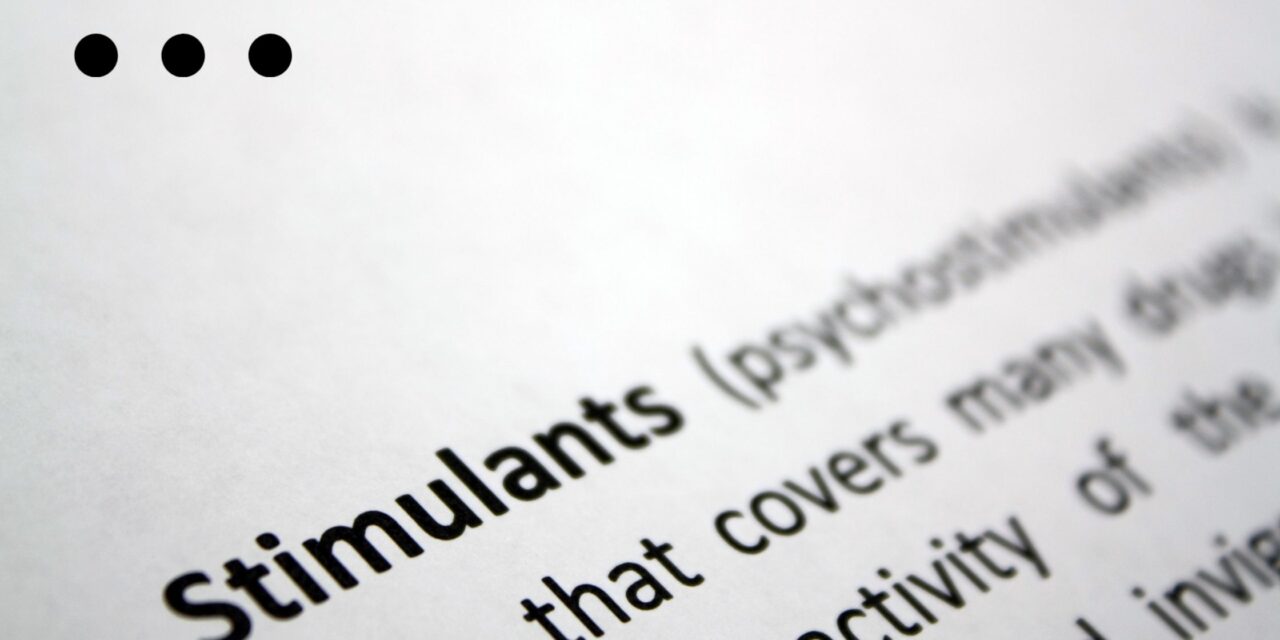In some ways, alcohol is a confusing and contradictory drug. Despite being one of the most widely consumed substances in the world, there’s still some confusion about whether or not alcohol is a stimulant. To answer this debate, it’s important to understand the differences between a stimulant and a depressant.
What is a Stimulant?
A stimulant is a drug that increases activity in the central nervous system (CNS). It can produce increased energy, alertness, and sharpened concentration. Examples of stimulants include caffeine, nicotine, and amphetamines. Stimulants increase dopamine and norepinephrine levels in the brain, both neurotransmitters responsible for regulating mood, motivation, and attention.
Is Alcohol a Stimulant or a Depressant?
While many people associate alcohol with feelings of sedation and relaxation, it can also stimulate some individuals. The way alcohol affects a person depends on the amounts consumed and individual factors such as someone’s weight, overall health, and even gender.
At low doses, alcohol can act as a stimulant. It produces feelings of euphoria and excitement. Initial alcohol doses release dopamine, which temporarily increases energy, confidence, and socialization.
However, as the dose of alcohol increases, it begins to act as a depressant, slowing down the CNS. This often leads to feelings of sedation, relaxation, and decreased coordination. As a depressant, high amounts of alcohol can cause unconsciousness or respiratory failure, which can be life-threatening.
While alcohol is not a stimulant, it can have some effects that may be mistaken for stimulant effects. For example, when someone consumes alcohol, it can cause an initial increase in heart rate, which may give the impression of increased energy. However, this effect is short-lived and quickly followed by a decrease in heart rate and blood pressure, resulting in a sedative effect.
Another reason why alcohol may be mistaken for a stimulant is that it can cause disinhibition and lead to increased talkativeness and sociability. However, this effect is not due to increased activity in the central nervous system but instead that alcohol reduces inhibitions and lowers social anxiety.
The Effects of Alcohol on the Brain
Alcohol affects the brain in various ways. Besides acting like a short-acting stimulant and long-acting depressant, alcohol affects the prefrontal cortex – the part of the brain responsible for decision-making, judgment, and impulse control.
When someone is under the influence of alcohol, they’re more likely to experience impaired judgment and engage in risk-taking behavior. Alcohol can also affect the hippocampus, the brain area responsible for learning and memory. Binge drinking or excessive drinking can often cause blackouts and other forms of memory loss.
The Risk of Alcohol Consumption
Even though alcohol can produce stimulating effects, it is important to remember that it is also highly addictive. Over 7% of adults in the US have an alcohol use disorder, about 1 in 12 men and 1 in 25 women.
It is also worth noting that excessive alcohol consumption can have adverse effects on the central nervous system, such as impairing motor coordination and cognitive function. In the long term, excessive alcohol consumption can also lead to addiction, liver damage, and other health problems. It can also lead to alcohol addiction, which can be challenging to overcome.
Furthermore, alcohol consumption can negatively impact someone’s social and interpersonal environment. People under the influence are more likely to engage in risky behavior, such as unprotected sex or impaired driving, which can have fatal consequences. Alcohol abuse can also lead to strained relationships, financial difficulties, and other forms of personal and professional turmoil.
The Bottom Line
While alcohol may have some effects that can be mistaken for stimulant effects, it is not a stimulant. Alcohol is a depressant that slows down the activity of the central nervous system and can negatively affect the body and mind when consumed in excessive amounts. It is important to drink alcohol responsibly and in moderation to avoid these negative effects.
If you or someone you know is dealing with alcohol abuse problems, please seek help. Talk to a counselor, therapist, or addiction specialist about your drinking practices. Each year over 140,000 people die from excessive alcohol use in the US. Consider speaking to a specialist to learn more about rehab options and how to start your recovery journey.

